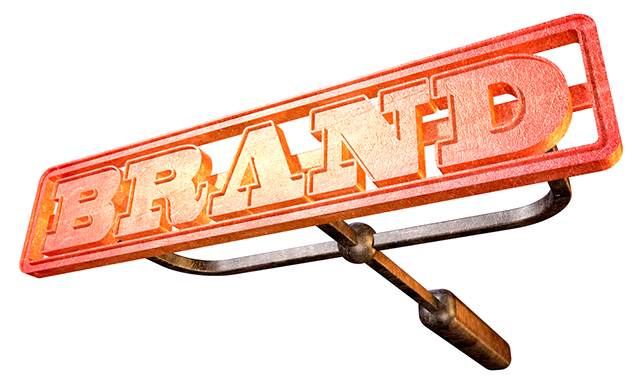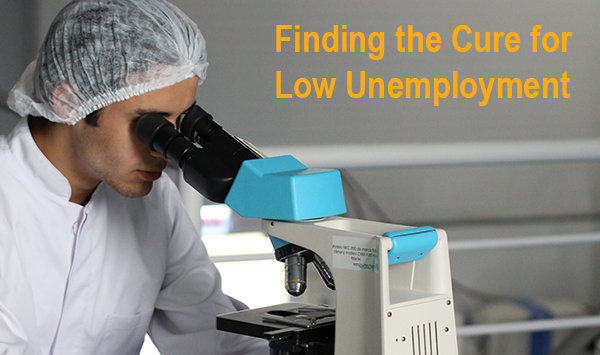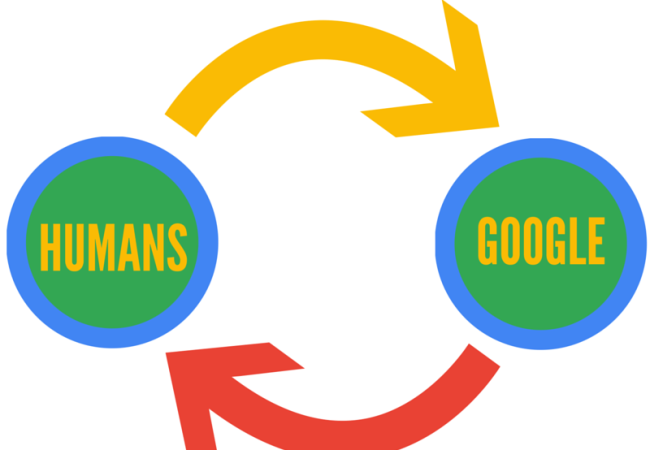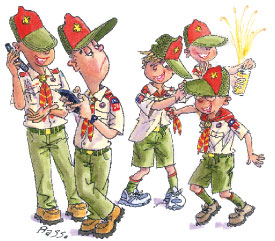From an employer’s perspective, the problem is simple: The labor pool is just too shallow.

What is a power brand?
I remember in a job interview, a future boss and mentor told me that his dream was that the company would become a power brand. That led to an exciting discussion about what a power brand is and, better yet, a great job offer.
Let’s talk about what a power brand is. I think first we should look into what a brand is. The American Marketing Association defines brand as “… a Name, term, design, symbol, or any other feature that identifies one seller’s good or service as distinct from those of other sellers.”
That definition harkens to cattle branding where a distinct mark, or brand, was burned into the animal’s skin to differentiate it from other cattle. As we can see in the brand definition above, branding is more than just the mark. It is “any feature.” I would argue that it is the collection of all features which collectively triggers in the mind the brand’s story. The logo, for example, invokes some emotion, thought or story to the viewer and that story is the overall brand.
My definition of brand focuses more on the “any other feature” and encompasses the whole story. In other words, the organization’s brand is the story that people tell themselves when they are reminded of the organization.
Let’s move on to define a power brand. My future boss defined a power brand in terms of excellence and notoriety. I think that can be a measure. He cited some pretty neat brands. I think that there are plenty of companies that have those elements that aren’t power brands.
For example, let’s compare two automakers. Now, this comparison is extreme, but let’s compare Ford and Mercedes. The both have notoriety. That’s for sure. We could perhaps argue the “excellence” point, but I think THAT is the point. Most F250 owners that have a sticker of a boy relieving himself on a Chevy logo would argue that Ford stands for excellence. Of course, on the flip side, there’s a Chevy guy with the same boy and a Ford logo and the owner tells his friends that Ford stands for “Found On Road Dead.”
Let’s look at Mercedes. What’s the difference? For the most part, everyone tells the same brand story. I’ve never seen that sticker boy next to a Mercedes logo (though I’m sure it exists someplace). I might not be able to afford a Mercedes, or afford the special dealer-only oil changes, but I feel like there is more universal agreement about what the brand means. I think that even though we might see less Mercedes vehicles (translation: less notoriety), the fact that we are all telling similar stories when we see a brand queue (like a logo, or a body style), makes Mercedes more of a power brand.
Let’s take that power brand a step further past just what general consumers feel about the brand story. What about the board of directors, top management, factory floor workers, sales team, vendors? What story do they tell?
To the degree that all stake holders, from the board room, to the front line, to the customer, tell the same story about the brand, I believe, you have a power brand. That type of alignment is a rare thing. It’s cultural. It runs deep. As the “My Fair Lady” song poetically visualizes, it oozes from every pore.
Where can we find brands like that? I think of the hay day at Apple. Steve Jobs would pack an auditorium full of Apple employees who were as pumped as he was about the next product launch. Just like him, of course they wanted to make and sell an iPod, but more importantly they wanted one for themselves. Another example are the folks at Dave Ramsey, a passionate team that is focused on giving hope to people, primarily in a financial sense. I once had a conversation with one of their executives. Walking the office halls for the first time he asked where all the corporate platitudes were posted. He couldn’t believe there wasn’t a mission statement on wall after wall. Dave answered him that they didn’t need that reminder because it was ingrained in the way they worked every day. He was equally surprised to find that to be exactly the case.
We’re all part of companies and organizations. Where are you on the power brand spectrum with your company, your church, your school or your non-profit? Do you have mechanisms in place to measure the integrity of the brand story across different stake holder roles? Is the hedgehog concept something even a customer could get excited about?
Previous Post: 5 Tips for Forging Stronger Customer Relationships


